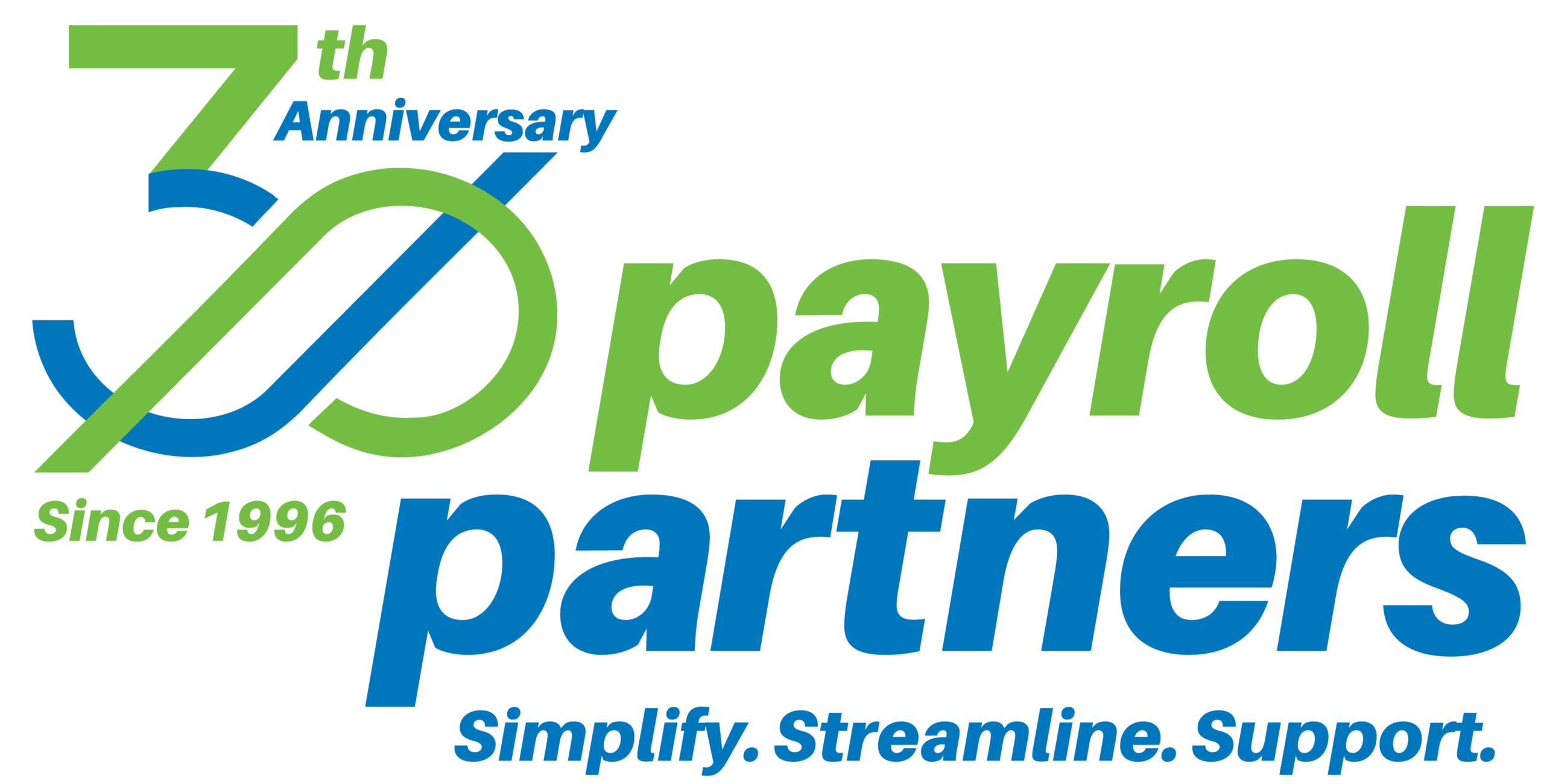There are many potential liabilities resulting from misclassification and they come from several sources: namely, the IRS, unemployment insurance, workers’ compensation, federal wage and hour law, and state wage and hour law.
An employer will owe up to three years of back taxes on the misclassified employee’s wages, in addition to fines and interest. They will also owe back unemployment and workers’ compensation insurance. And they may also owe premiums on other state-run insurance programs, such as paid family leave.
In addition to money owed to government entities, employers will also owe misclassified workers two to three years of back pay for any work they did that was not compensated at applicable minimum wage and overtime rates, as well as liquidated (extra) damages equal to that amount. Finally, in states that have their own minimum wage, overtime, or employee classification laws, the employee will likely to be able to sue and recover under both state and federal law. There may also be hefty attorney fees on top of the costs described above.
It doesn’t matter much if an employer misclassified someone by accident. Under certain laws, willfulness will increase the potential damages from two years of back pay to three, and lead to higher statutory penalties. But most of the laws at play in misclassification and wage and hour cases are strict liability statutes, meaning it makes no difference that the employer didn’t mean to do it incorrectly.
The HR Support Center is a service offered to Payroll Partners clients, and provides access to exclusive, industry-leading HR tools and resources, for just a few dollars a month. From employee handbooks, job descriptions and other commonly used HR documents, to up-to-the-minute law alerts, easy-to-understand state and federal law libraries, and unique training videos, the HR Support Center will help you effectively manage your HR compliance and employee relations needs.
Legal Disclaimer: Payroll Partners and/or the HR Support Center are not engaged in the practice of law. The content in this email should not be construed as legal advice, and does not create an attorney-client relationship. If you have legal questions concerning your situation or the information you have obtained, you should consult with a licensed attorney. Payroll Partners and/or the HR Support Center cannot be held legally accountable for actions related to this article.

